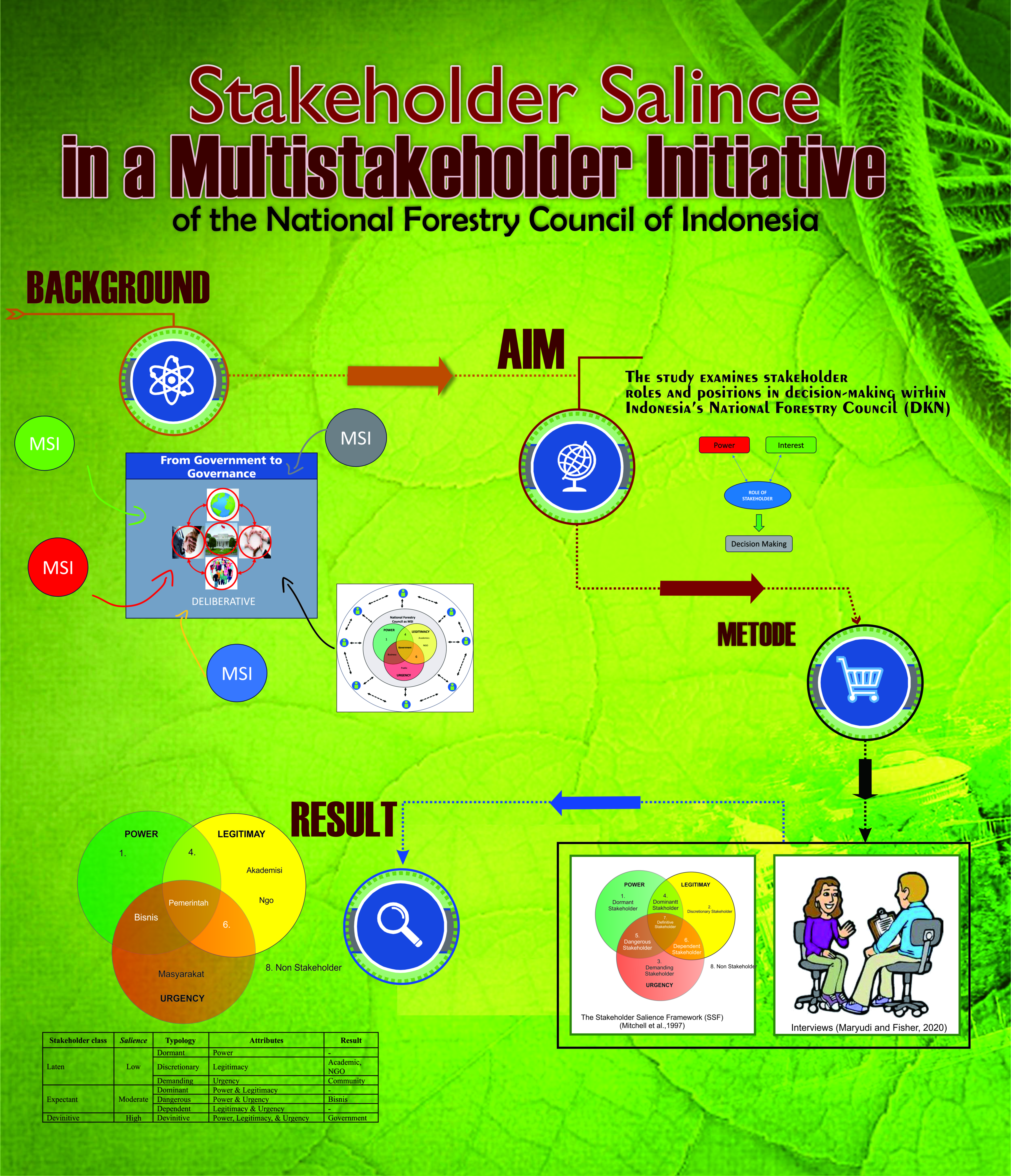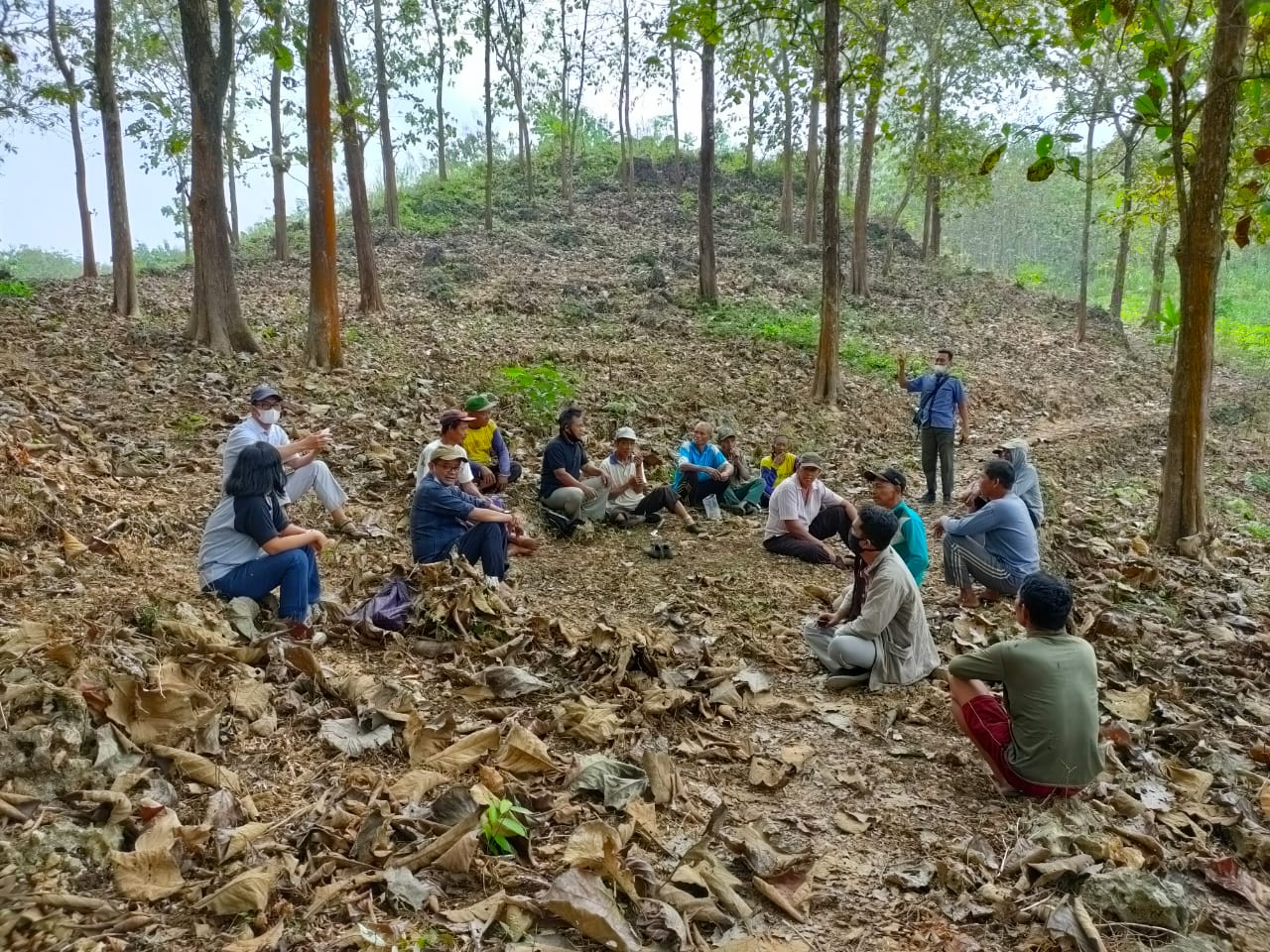Abstract
Furniture industry had shown a long chain of production to consumption, from raw material producers (tree growers), semi-finished producers, finished product producers, and retailers to exporters. Jepara as a centre furniture industry in Indonesia incorporates around 15,000 business units and provide livelihoods to approximately 170,000 workers. This sector contributes about 27% of Jepara‘s people domestic income. Small and medium furniture enterprises (SMEs) have significant roles in the furniture industry as production structures are characterized by them. Power and information imbalance throughout the furniture value chain have resulted in problems of uneven distribution of gains among actors of the industry. SME furniture producers have experienced an unfair value added distribution. Hence, development of SMEs is important for strengthening the industry and expected to result in a portion of value added distribution to them. We are trying to develop scenarios for SME improvement in the furniture industry in Jepara by identifying their problems and implementing Value Chain Analysis (VCA). VCA is an approach to describe SME producer relations with other actors in the industry and the governance type of their relations. Data is collected by interviewing selected SMEs from the association of small scale producers in Jepara to get detailed maps of their value chain. The research will produce future scenarios and intervention points to improve small-scale producer sustainability and better value added distribution among furniture actors. The scenarios will not only benefit selected producers but also the furniture industry of Jepara, and can be adopted for similar industries throughout Indonesia and abroad.



